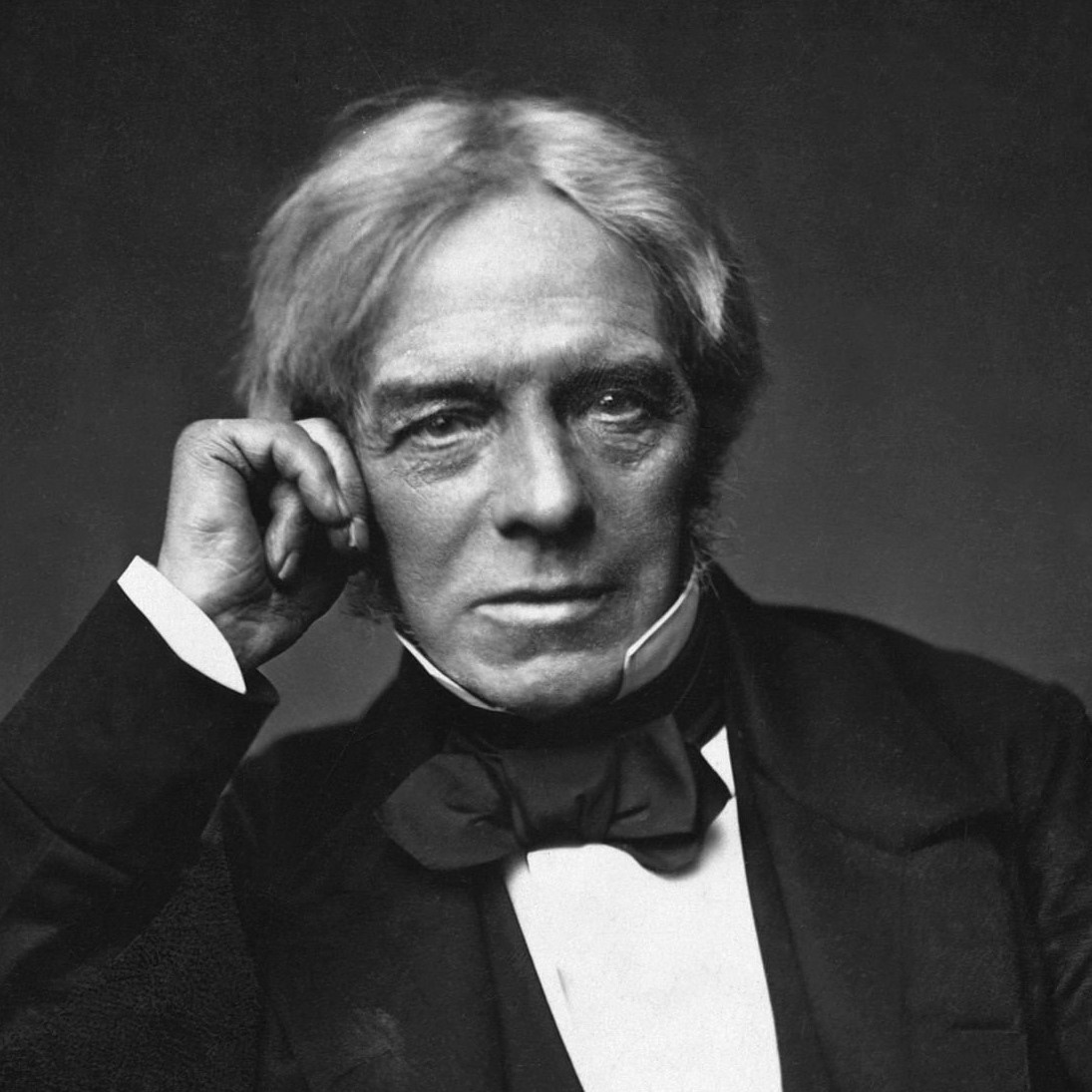
Michael Faraday
Michael Faraday ( 09. 1791 – 08. 1867) was an outstanding physicist and chemist of the English origin whose experiments contributed a lot into development of electromagnetism field. The works of Michael Faraday on electricity and magnetism are still considered as significant contribution to science and technology.
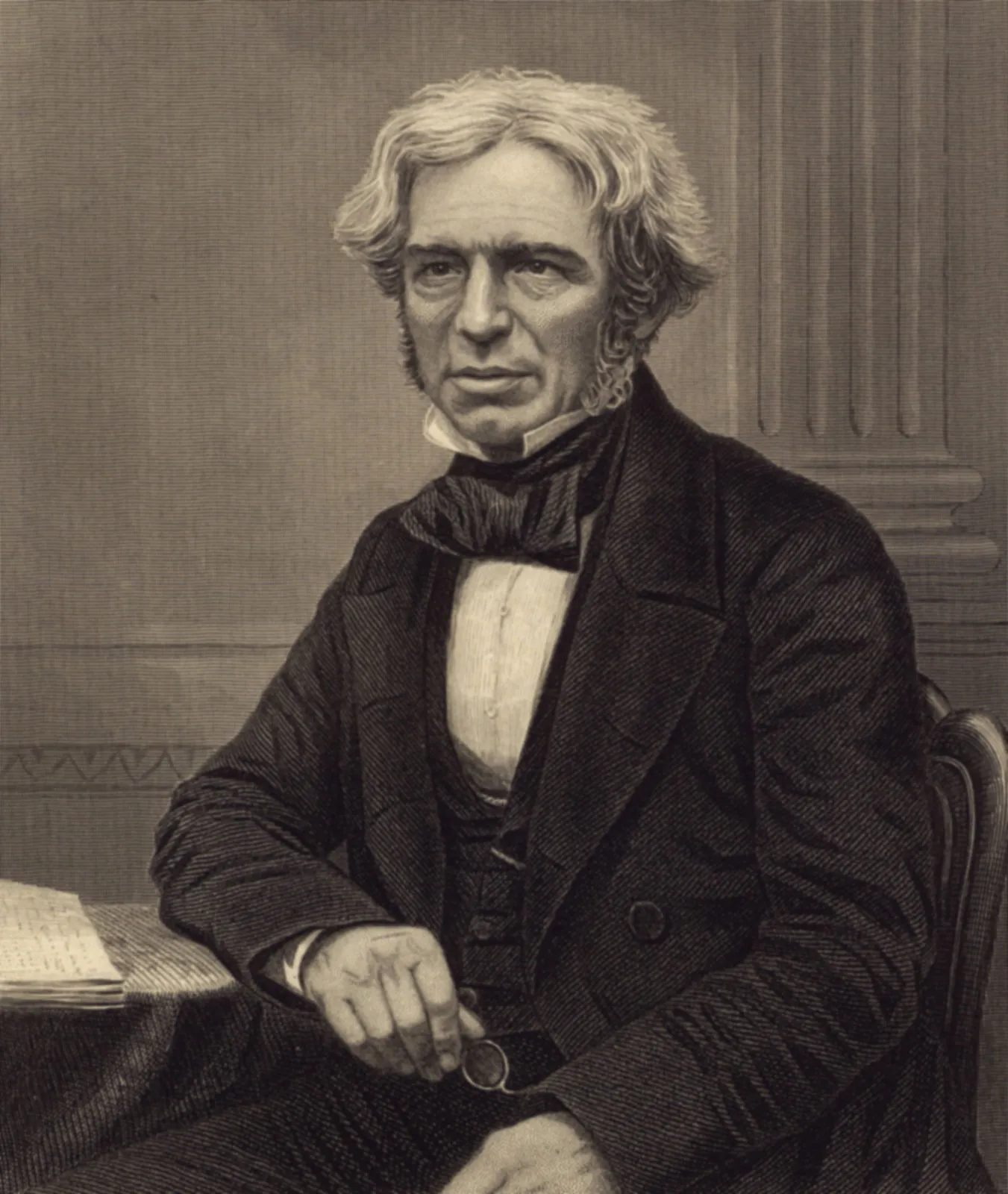
Faraday was born in 1791 in Newington, Surrey, his father was a blacksmith and his mother played an important role in encouraging him. However, one could discern his love for learning even in early stages of his life and periods of economic struggle. He got a Christian education from a church Sunday school and had to drop out to learn bookbinding at the age of 14; he developed his scientific literacy by reading the books that passed through the shop.
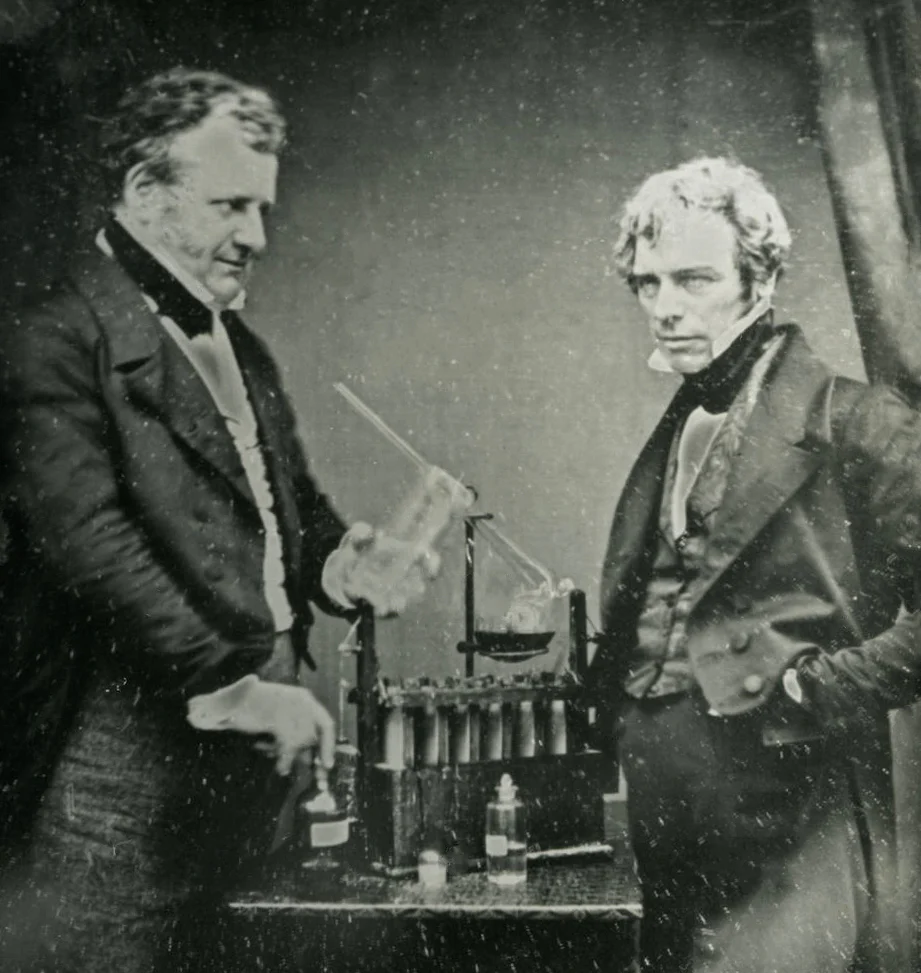
A young Faraday had worked as an assistant of Sir Humphry Davy at the Royal Institution in London. Attributable to Davy’s tutelage, Faraday undertook distinct achievements to chemistry such as identification of benzene and reduction of gases into liquefied form. His major breakthroughs were in electricity and magnetism where he wanted an electric current from a magnetic field invented the electric motor as well as dynamo. His work linked electricity to chemical combining and resulted in the outside uncovering of diamagnetism that is a component of James Clerk Maxwell’s electromagnetic field theory.
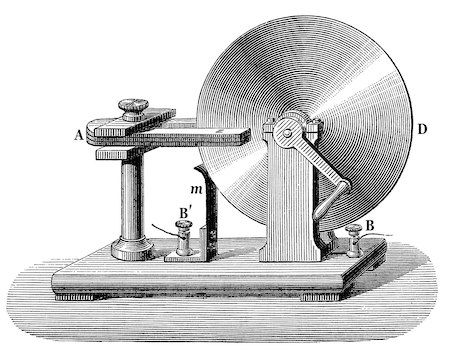
Faraday occupied a key position and was a Fellow of the Royal Society and other deserved awards that include the Royal Medal, Copley Medal, and Rumford Medal. His achievements were honored internationally, and thus people accepted him as one of the most significant experimental scientists.
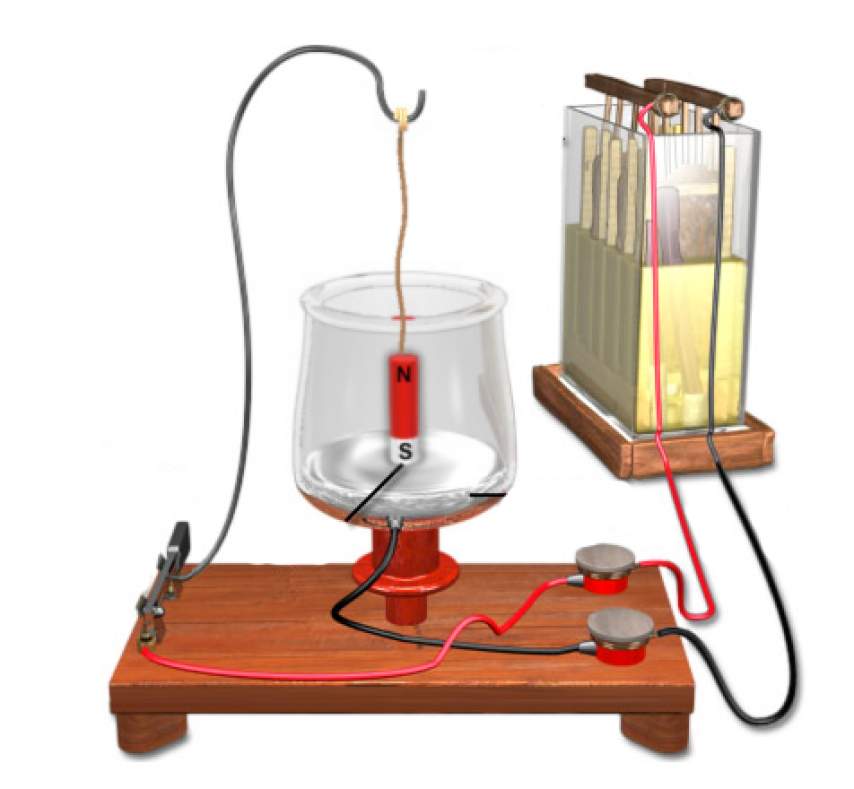
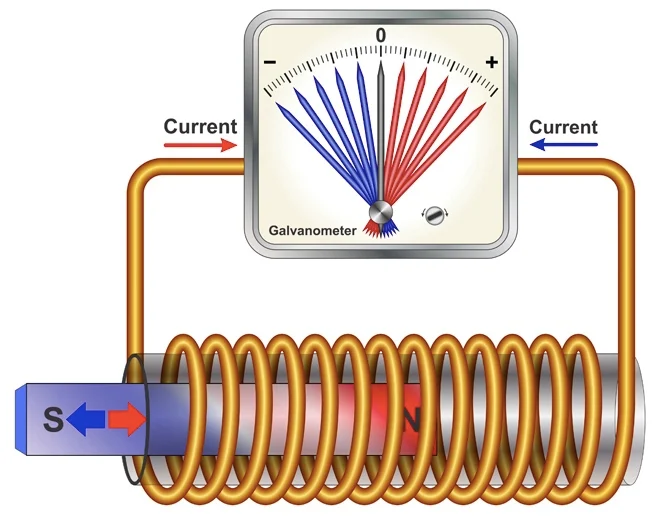
Faraday got married to Sarah Barnard in the year 1821 and the couple had a prosperous marital life throughout their life. Faraday was a man of simplicity and honesty, he was a Sandemanian in religion, which played a role in his scientific as well as personal life.
Michael Faraday achieved many important deliverances in the course of his experiments in electromagnetism and laid the basis for science and technology. His life and the work brighten up for scientists and engineers and prove that the main values are curiosity, perseverance, and the search for new knowledge.